Past NCSD Scholarship Winners
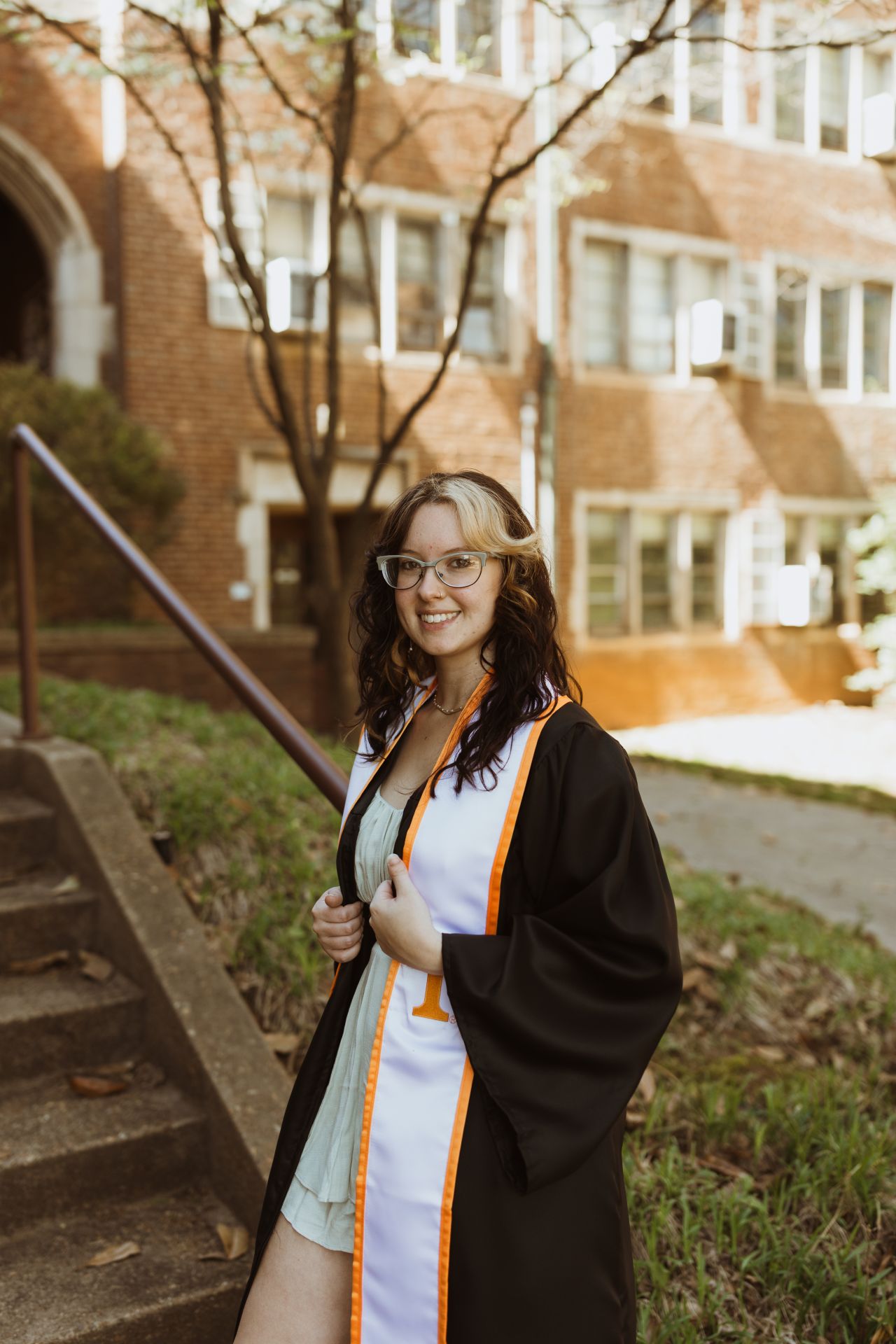
Katy Worrell
2023 Recipient
"I was first introduced to criticality safety by chance while seeking out summer internships as a freshman at the University of Tennessee, Knoxville. Fortunately, when I started working in the field as an intern at Nuclear Fuel Services, I found that I was really passionate about it, and wanted to learn more and get involved. My existing involvement in the ANS student chapter at UTK eventually led me to join the Society's Nuclear Criticality Safety Division, where I was welcomed from the start. Being active in NCSD for the past couple of years has been incredibly rewarding, from joining the communications committee, to being elected as student Executive Committee member, to receiving this NCSD Pioneers Scholarship. I am so very thankful to everyone in NCSD who has put forth effort to see me succeed both in the field and in my extracurricular activities. This scholarship will help me with living expenses as I pursue my master's degree in nuclear engineering at UTK, with a nuclear safety concentration, a focus on criticality benchmarking, and plans to continue in the NCS field after graduation. I look forward to continuing to foster the relationships that have helped me get this far, and to one day becoming a strong criticality safety engineer who can give back to other students like me."
-Katy Worrell-
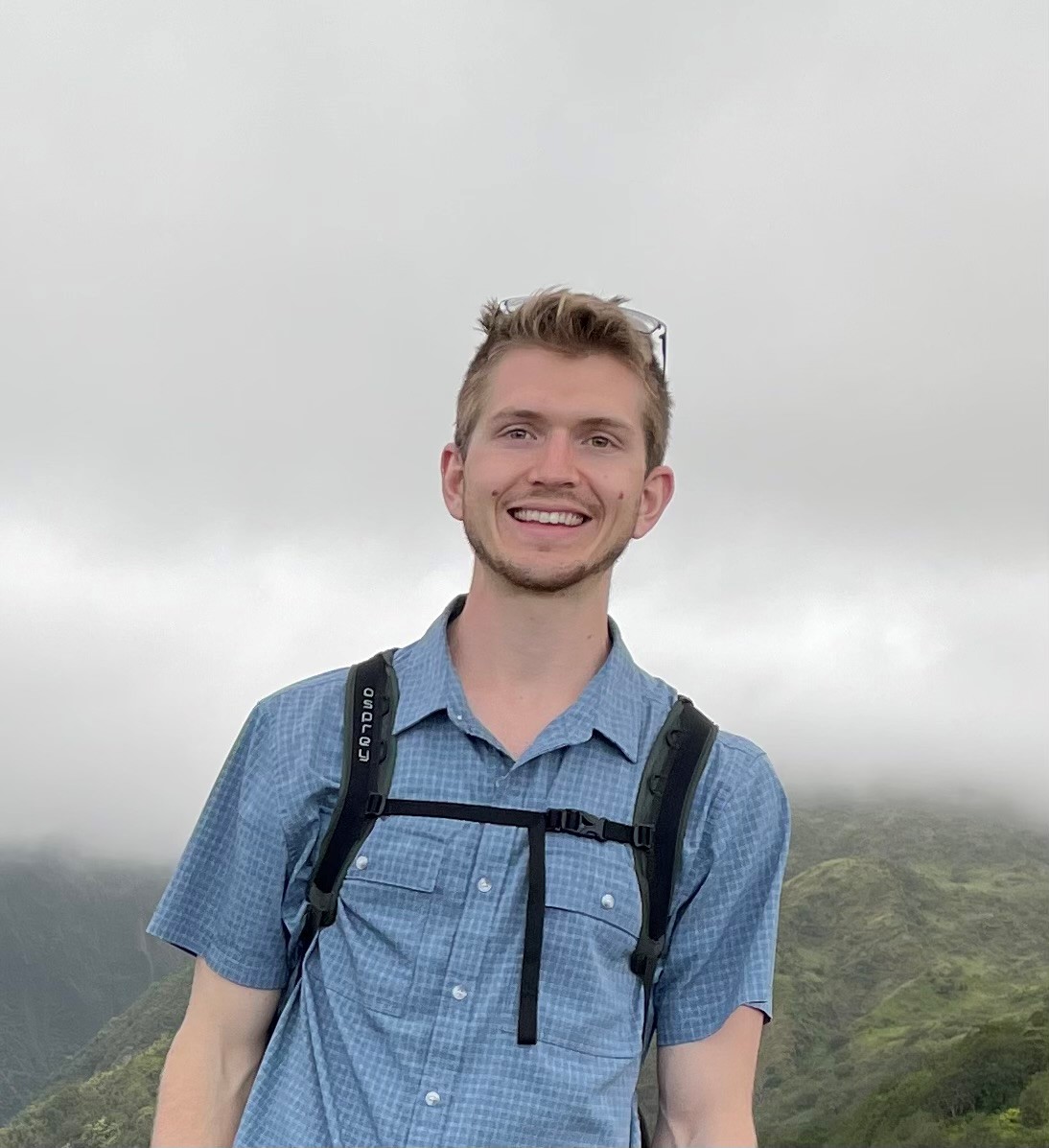
Jonathan Crozier
2022 Recipient
"Iâm honored to be the recipient of the Pioneers Award, and very grateful for the generous support from the Nuclear Criticality Safety Division. This award has helped ease the financial burden of graduate school, so that I can work harder and focus on innovative research. Over the course of my graduate tenure at NC State, I developed ab initio models to evaluate uranium carbide and plutonium dioxideâs thermal scattering laws, contributed to FLASSH code development and am currently embedding modern machine learning in Monte Carlo multiphysics frameworks. I have thoroughly enjoyed advancing the state-of-the-art for nuclear data and criticality safety analysis and could not have done so without the support of NCSD."
-Jonathan Crozier-
Kristin Stolte
2021 Recipient
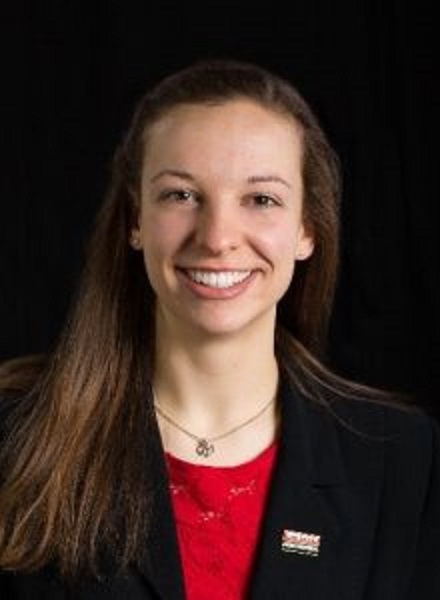
Nina Colby (Sorrell) Fleming
2017 and 2020 Recipient
"I am grateful to the Nuclear Criticality Safety Division for being chosen as a recipient of the NCSD Pioneer Scholarship and the recognition of my previous work on the impact of ab initio reactor graphite cross sections to the criticality of the Transient Reactor Test Facility. This generous scholarship has allowed me to continue my studies with full dedication and has helped relieve some of the financial strain of graduate school. Through the support of the NCSD, I look forward to furthering my work in developing fundamental, physics-based cross sections and implementing these cross sections using novel techniques for multi-physics reactor calculations. These cross sections and modeling methods will then provide a solid basis for criticality safety calculations in new reactor designs."
- Nina Colby (Sorrell) Fleming -
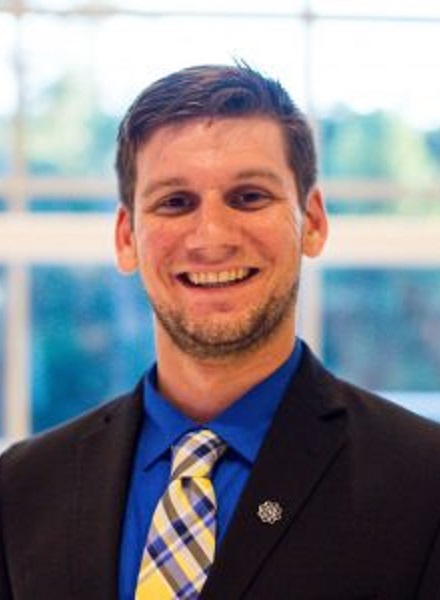
Zander Mausolff
2016 Recipient
"The Nuclear Criticality Safety Division I can safely say is one of the most inviting and thoughtful groups within the American Nuclear society, and I am grateful they have chosen me for the Pioneers Scholarship. Such a generous investment has given me increased financial peace of mind, which has given me the opportunity to further my understanding of nuclear engineering. Specifically, it has allowed me to build upon my understanding of time-dependent neutron transport. Such studies have gained attention again as the industry looks to improve our understanding of accident scenarios from first principles to improve the safety of our current fleet and develop improved reactor designs for the future. I am delighted to be a part of such an effort and hope to add to the field of criticality safety by providing advanced computational tools for understanding how the neutron population evolves in time with unprecedented fidelity and speed."
- Zander Mausolff -
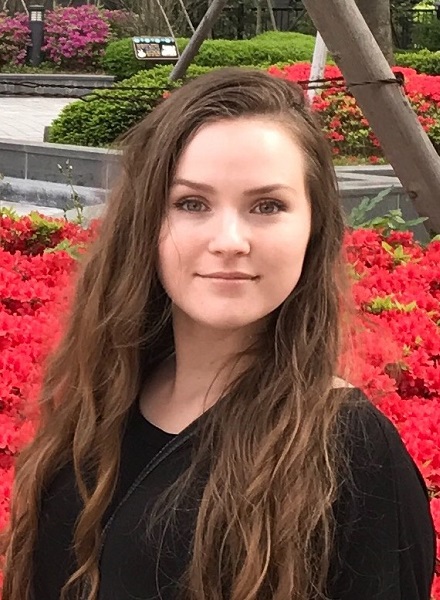
Megan Smith
2015 Recipient
"The NCSD scholarship is such an honor to receive and has helped ease financial worries as I began graduate school. I had become interested in criticality safety after extensively exploring career options within the national labs during my summer internships. This interest in criticality safety helped me choose my graduate school adviser and research project so it is wonderful to receive the NCSD scholarship and know that the Nuclear Criticality Safety Division believes in my research project and my abilities as a future researcher. The scholarship is more than financial security because knowing that someone believes in you is motivating and increases self-confidence. The NCSD scholarship has allowed me to focus on my work at the PULSTAR reactor here at NCSU to develop new experimental devices that further increase the measurement accuracy of thermal neutron cross sections."
- Megan Smith -
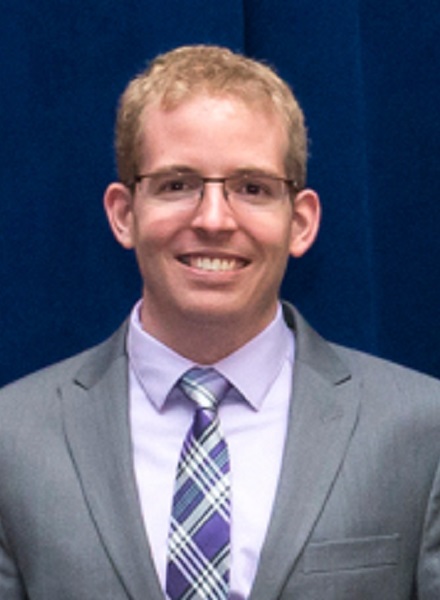
Tim Burke
2014 Recipient
"I am thankful to the Nuclear Criticality Safety Division's decision to award me with the NCSD Pioneer Scholarship. The ability to pay off a portion of the loans from my undergraduate education helped to relieve the stress of entering graduate school. This scholarship enabled me to better focus on my graduate work developing Monte Carlo methods targeted at multiphysics coupling with applications for modeling criticality safety problems. Post-graduation, I have remained active in the NCSD community developing methods to compute sensitivities of eigenvalues, reaction rates, and kinetics parameters to geometric perturbations which can be used in conjunction with other sensitivity methods to conduct uncertainty quantification for criticality safety problems."
- Tim Burke -
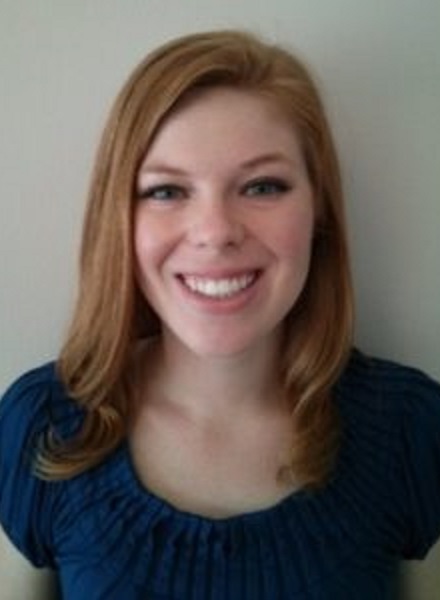
Madison Martin
2013 Recipient
"I am am honored and am extremely thankful to the Nuclear Criticality Safety Division for selecting me as the 2013 recipient of the NCSD's Pioneer Scholarship. Their investment and support will reflect well on the continuing development of nuclear criticality studies at the University of Florida. My first introduction to criticality science begun when I started working with Dr. Sedat Goluoglu. We have studied adjoint monte carlo simulation and it's application to perturbation studies related to nuclear criticality analysis. In addition, I have been fortunate enough to participate in UF's first "Introduction to Nuclear Criticality" course which was a great way to learn about what it is like to be criticality safety engineer at a facility. In addition to academic knowledge, the scholarship will also assist in the development a professional network of talented nuclear criticality scientists. I will be attending the NCSD Topical "Criticality Safety in the Modern Era: Raising the Bar" in late September. At this conference, I hope to learn more about the specific tools available for criticality analyses in addition to meeting criticality professionals from a variety of different backgrounds. I have enjoyed my time interacting with the NCSD, as they are supportive and knowledgeable group. I look forward to continuing my involvement in ANS and the NCSD as I learn more about the many facets associated with nuclear criticality science."
- Madison Martin -
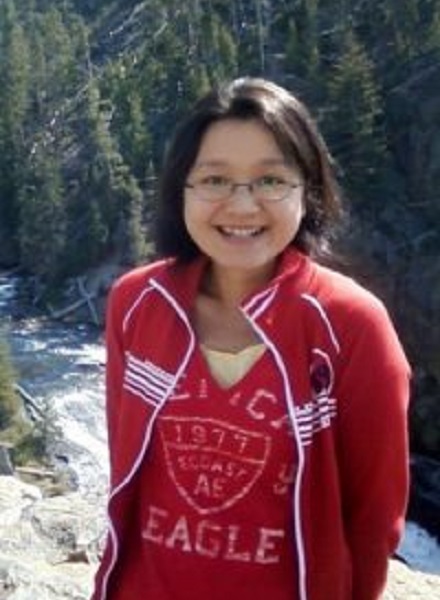
Hsingtzu Wu
2012 Recipient
"The NCSD Scholarship will help me focus on my Ph.D. research in developing a new tightly coupled technique for neutronics and thermal-hydraulics at the University of Illinois. Nuclear criticality safety analysis will benefit greatly by this research. For example, during a nuclear accident, when the fuel meltdown in the core becomes a possibility, a criticality computation needs to consider both neutronics and thermal-hydraulics. Coupling neutronics and thermal-hydraulics can provide more accurate predictions than those that consider only neutronics or thermal-hydraulics. A tightly coupled method is better than a loosely coupled method in terms of numerical stabilities and convergence. In addition, a tightly coupled method is superior in addressing inter-related multi-physics problem, such as neutronics and thermal-hydraulics inside a nuclear reactor."
- Hsingtzu Wu -
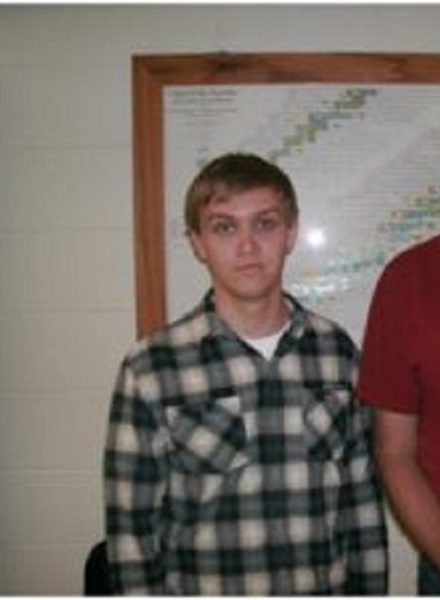
Christopher (C.J.) Hurt
2011 Recipient
C.J. received the 2011 NCS Pioneer Scholarship Award. He received his bachelor's degree in Nuclear Engineering from the University of Tennessee in May 2011 and began work on his master's at the University of Tennessee in August 2011.
C.J.'s research involves developing multi-physics models of criticality transient experiments, with attention to the changes in system properties (temperature, pressure, power, etc.) during an excursion, using COMSOL Multi-physics software. He also participated as an NCS intern at the Y-12 National Security Complex in the summer of 2011.
"The NCS Scholarship has greatly helped me in my pursuit of graduate research here at UT, as well as NCS opportunities outside of it. Criticality safety is a field I have found to be exciting and challenging since I first discovered it and the support of the Nuclear Criticality Safety Division has given me further encouragement to pursue a career in criticality safety. I am in the process of completing work for a graduate certificate in nuclear criticality safety and hope to pursue a career in the field after graduation with my master's in May 2012."
- C.J. Hurt -
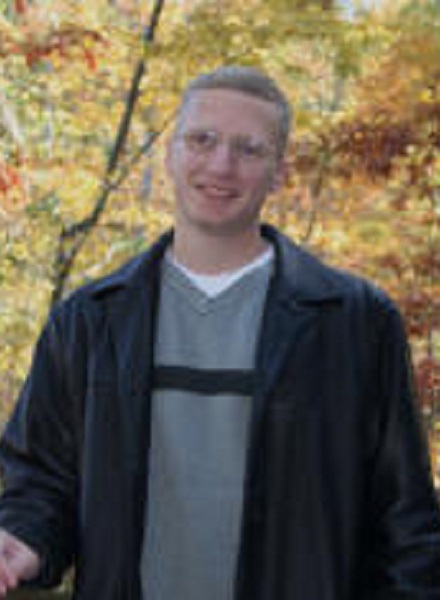
Jesse Holmes
2010 Recipient
Jesse Holmes was awarded the NCS Pioneers Scholarship in 2010. Jesse served in the Navy for ten years as a nuclear reactor operator and nuclear power instructor prior to attending college. After leaving the Navy, he attended North Carolina State University (NCSU) and graduated in May 2010 with bachelor's degrees in physics and nuclear engineering.
Jesse recently completed his master's degree in Nuclear Engineering from NCSU in May 2011 with the research title, "Development of ENDF Thermal Neutron Scattering Libraries for Silicon Dioxide and MCNP Criticality Testing with an ICSBEP Benchmark." He is now pursuing a Ph.D. in nuclear engineering at NCSU and is collaborating with ORNL's Nuclear Data and Criticality Safety Group in his research. Jesse's thesis topic is uncertainty quantification and sensitivity analysis of *ab initio *thermal neutron scattering cross section calculations.
"My long interest in the field of nuclear engineering has culminated in a focus on uncertainty quantification and its impact on criticality safety. My receipt of the NCS Pioneers Scholarship was an honor and a valued recognition of the work I have accomplished. It is certainly a motivation for me to continue in the important field of criticality safety."
- Jesse Holmes -
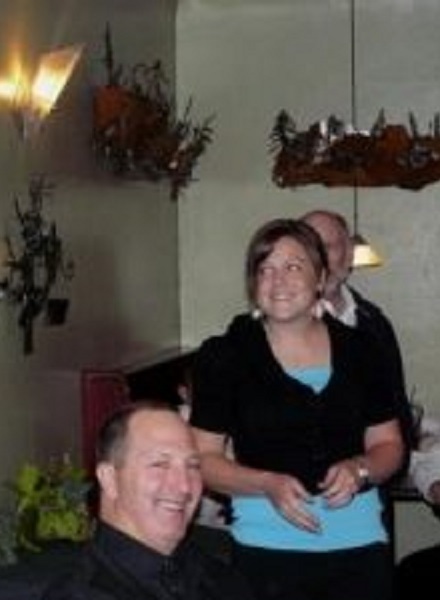
Allison Barber
2008 Recipient
Allison received the award for the year of 2008. She graduated with a bachelors in Nuclear Engineering from the University of New Mexico in May 2008 and began graduate school at the University of New Mexico in August 2008.
Allison's thesis is the uncertainty analysis of critical experiments and trying to utilize TSUNAMI-3D sensitivity analysis to obtain the uncertainties for physical and material properties of critical experiments. She has been a student intern at Sandia National Laboratories since March 2008.
"Since being awarded the Pioneers Scholarship, I have greatly increased my involvement in criticality safety. I attribute this to the people in the Nuclear Criticality Safety Division and there encouragement for my involvement. Due this I have found an area of Nuclear Engineering that I really enjoy and see myself working in for many many years. I have started the process to become a qualified criticality safety engineer at Sandia and hope to continue with a carrier in criticality safety at Sandia following graduation in December 2009. "
- Allison Barber -
Last modified December 3, 2024, 12:41pm CST

